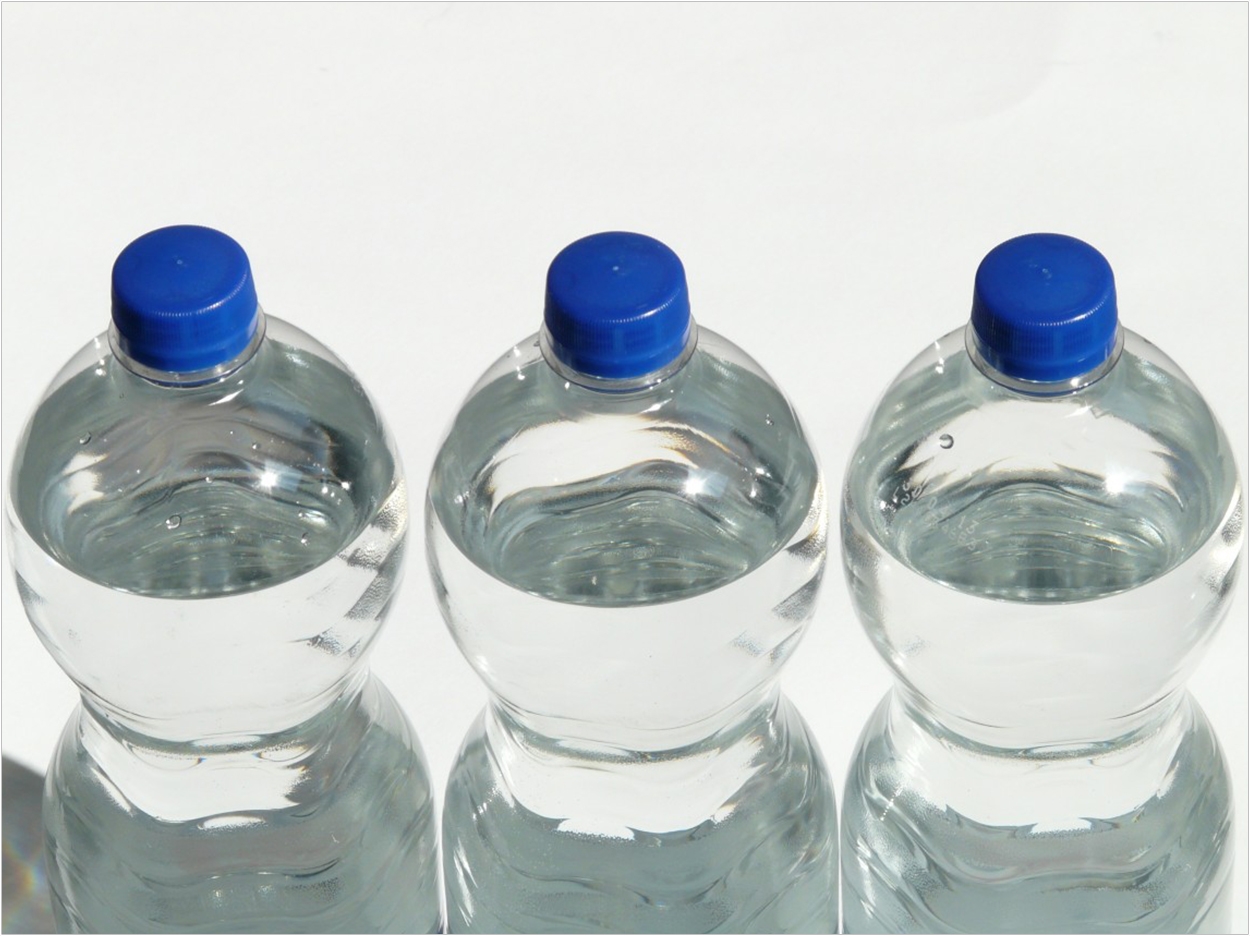
The United States Food and Drug Administration (FDA) has proposed a rule that would reduce the allowable level of fluoride in bottled water from 0.8 mg/L ppm to 0.7 mg/L ppm, which is the same level the United States Department of Health and Human Services set for community water systems in 2015.
If finalized, the FDA reports, the rule will ensure that consumers receive the dental benefits of fluoride while avoiding unintentional excess exposure. Too much fluoride, for example, can cause dental fluorosis among children whose permanent teeth are still forming.
The rule will apply to domestically packaged and imported bottled water to which fluoride is added by the manufacturer. It will not affect the allowable levels for fluoride in bottled water to which fluoride is not added by the manufacturer, such as bottled water that may contain fluoride from its source water.
“Most fluoride added to bottled water is already at or below the limit being proposed. Today’s action, if finalized, is a step toward helping to ensure that bottled water strikes the right fluoride balance by setting out requirements that manufacturers who add fluoride to bottled water must adhere to,” said Susan Mayne, PhD, director of the FDA’s Center for Food Safety and Applied Nutrition.
“By lowering the allowable level of fluoride in bottled water following its addition by the manufacturer, we can help ensure that consumers enjoy the important health benefits of fluoride while preventing overexposure,” said Mayne.
The proposed rule provides a 60-day comment period for the public, industry, and other stakeholders to share with the FDA any comments on the proposed revisions. Comments may be submitted to the Federal Register.
Related Articles
Water Fluoridation Reduces Oral Health Disparities Among Children
Grants to Support Water Bottle Filling Stations in Wisconsin Schools
Fluoride Found to Have No Effect on Cognitive Learning












